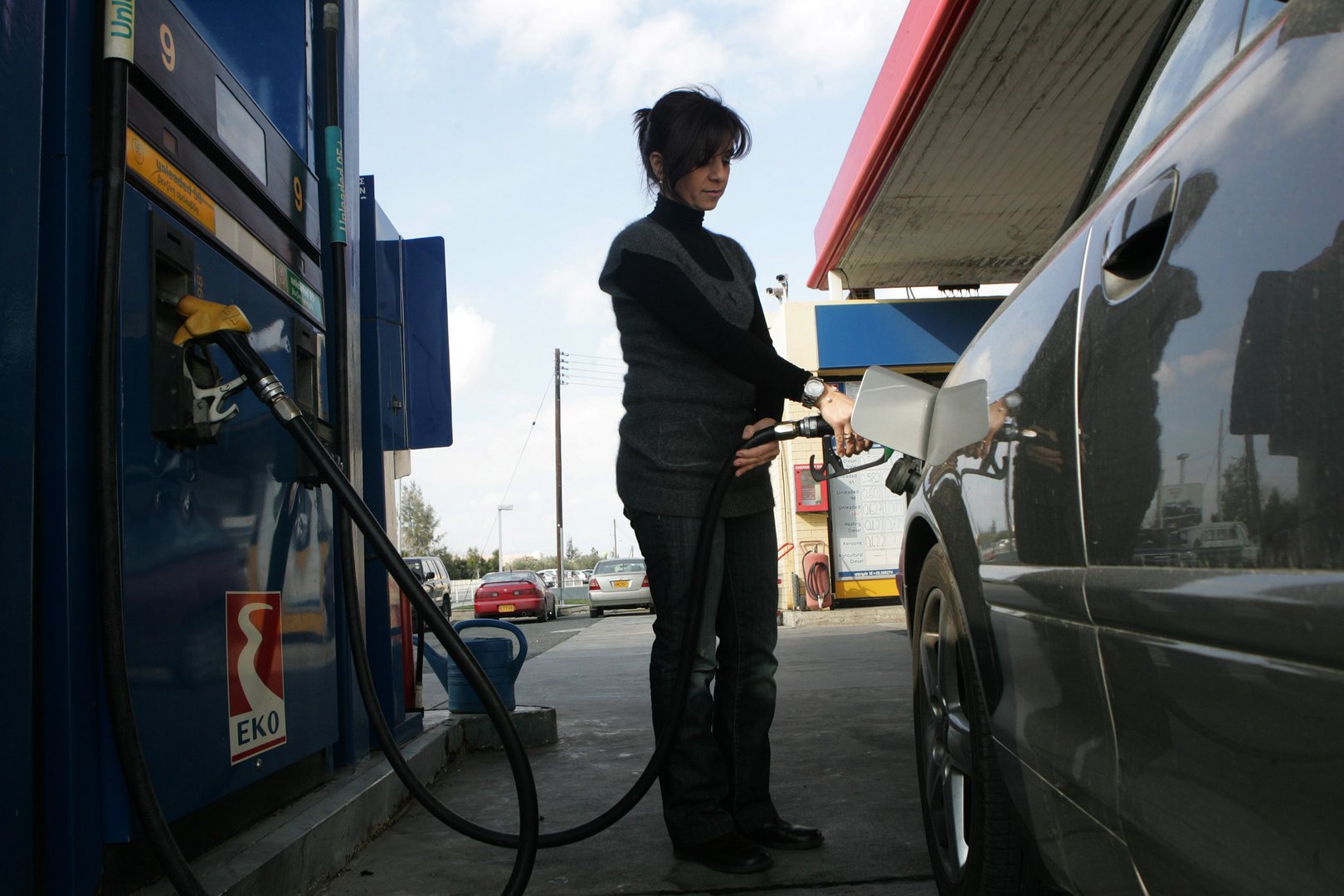Understandably, everyone is complaining about the soaring fuel prices, which on Friday went up yet again, with unleaded 95 now at about €1.81 per litre and diesel at €1.88 per litre. The increase since the start of the year is in the region of 40 per cent, far outstripping the inflation rate which is close to 10 per cent.
The popular verdict is that oil companies are ‘profiteering’, something being repeated for months now, people wanting someone to blame for crippling fuel prices. Politicians insist there is ‘profiteering’ as do several media, but nobody has provided concrete evidence to support the claim. It just seems a rational explanation.
Although the government explains that same formula for calculating fuel prices is being used, nobody seems to believe this. A representative of the petrol station operator said on Friday that oil companies had huge reservoirs of petrol and they can sell these reserves at the new prices. This is possible, but while it could be described as unethical business practice it is not illegal, companies speculating when they can.
Apart from clamping down on the ‘profiteering’ companies, politicians have been calling for state intervention to halt the price rises, but the government is ignoring them. On Thursday it extended the 8.4 cents rate cut to fuel for another three months, but that is all it has been prepared to do. One party has called for a plafond (ceiling) to be placed on petrol prices while another has proposed a cut of VAT.
A plafond would lead to shortages, as the state does not have the power to force companies to sell petrol at a loss-making price and a cut in VAT would be a regressive measure that would benefit high-income earners with big cars, rather than low earners. It would be socially fairer and economically more sensible for the government to use the tax windfall from high prices on targeted measures to help the vulnerable groups.
People will just have to change their lifestyle and consumption to get through this, admittedly, difficult period of declining disposable income. We should all reduce our car journeys, walk or cycle if we can, resort to car-share to go to work or take the bus. We would also be contributing to reducing carbon emission by using our cars less. There is no other way to cope with the rising fuel prices, which, we suspect, have not yet peaked.







Click here to change your cookie preferences